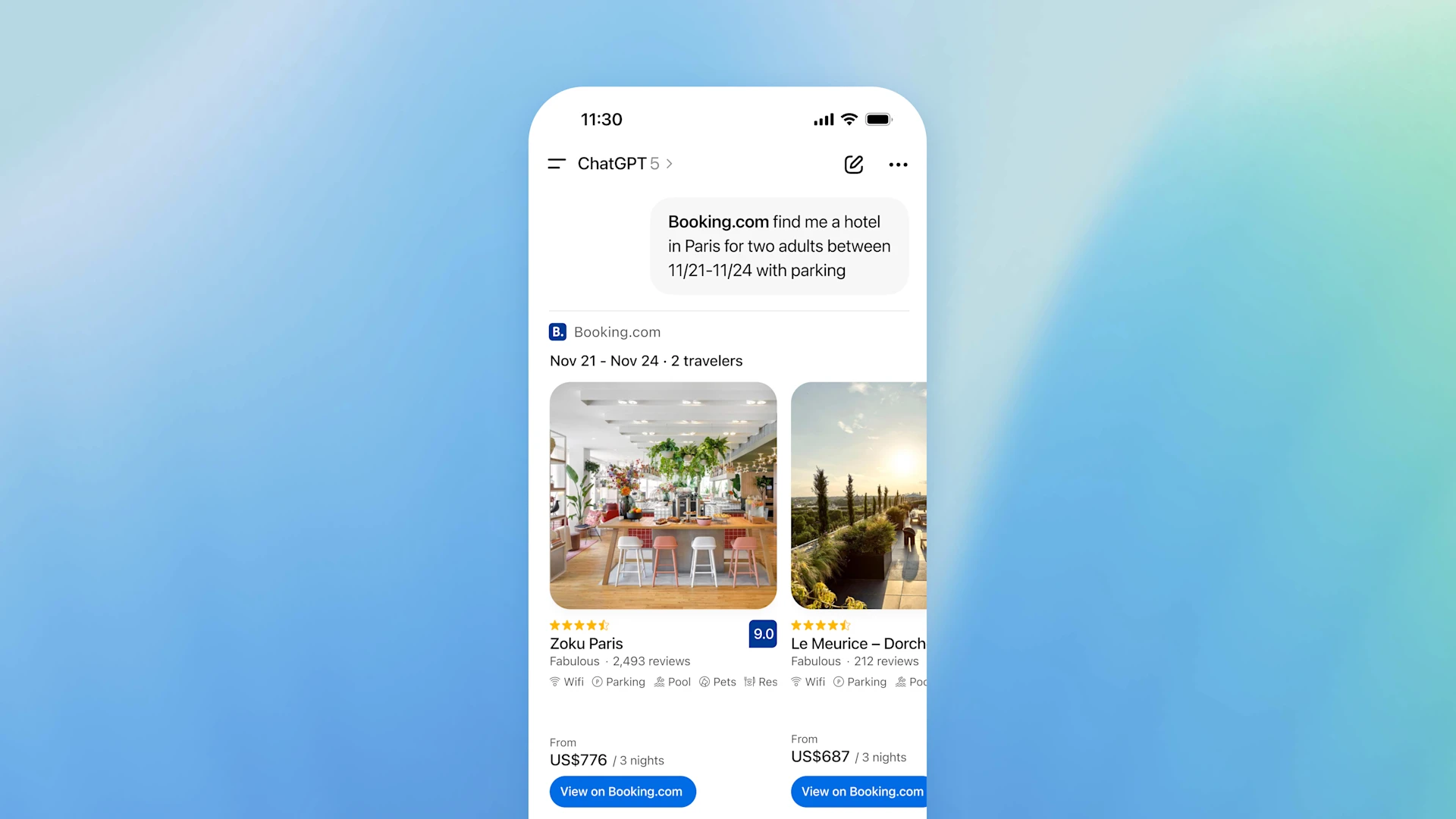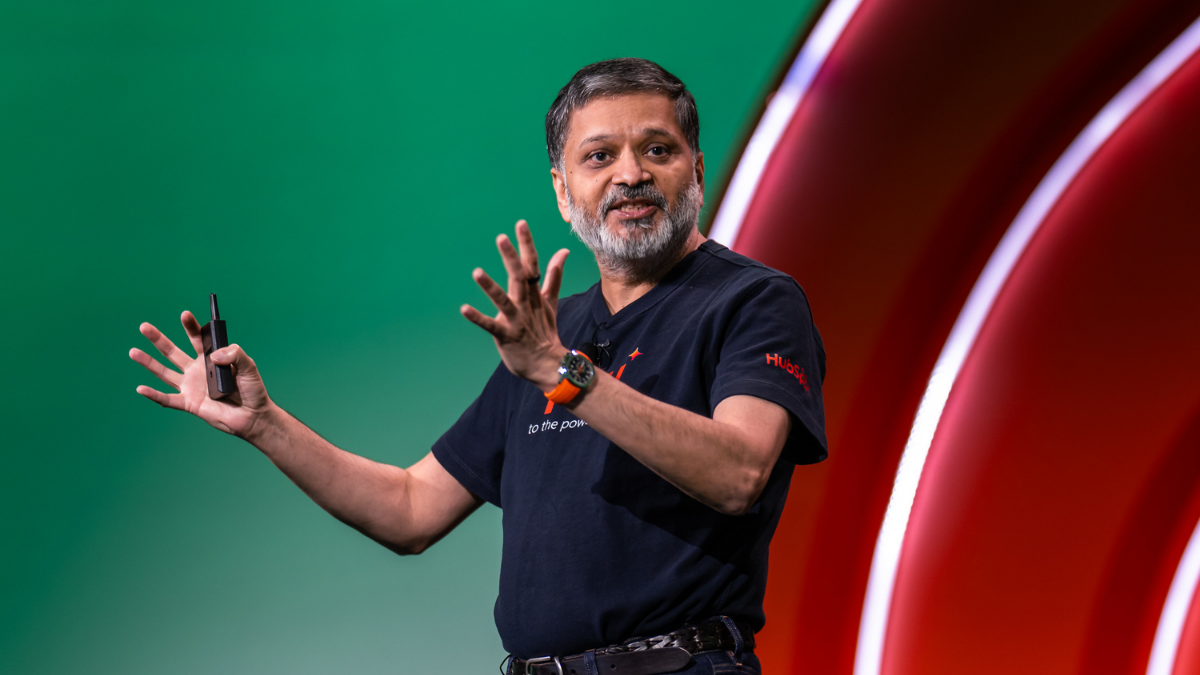Category: AI Category
-

eSelf, a startup developing interactive, photorealistic talking AI video avatars, has introduced a new feature called Share Screen Analysis that allows its avatars to view and respond to what users display on their screens. Powered by a combination of a large language model (LLM) from any number of third-party AI providers like OpenAI and Google,…
-

OpenAI today announced the release of Sora 2, its latest video generation model, which now includes AI generated audio matching the generated video, as well. It is paired with the launch of a new iOS app simply called Sora, that allows users to insert and edit with AI videos of themselves and their friends alongside…
-

Meta’s AI research team has released a new large language model (LLM) for coding that enhances code understanding by learning not only what code looks like, but also what it does when executed. The model, named Code World Model (CWM), is trained on vast amounts of data showing how code interacts with its environment, allowing…
-

Hopper Technology Solutions launched a breakthrough artificial intelligence system Wednesday that can autonomously handle complex travel customer service issues from start to finish, a major advance in AI-powered automation for the trillion-dollar travel industry. The new system, called HTS Assist, can conduct entire customer service conversations through voice or chat, accessing airline booking systems to…
-

OpenAI's annual conference for third-party developers, DevDay, kicked off with a bang today as co-founder and CEO Sam Altman announced a new "Apps SDK" that makes it "possible to build apps inside of ChatGPT," including paid apps, which companies can charge users for using OpenAI's recently unveiled Agentic Commerce Protocol (ACP). In other words, instead…
-

Thinking Machines, the AI startup founded earlier this year by former OpenAI CTO Mira Murati, has launched its first product: Tinker, a Python-based API designed to make large language model (LLM) fine-tuning both powerful and accessible. Now in private beta, Tinker gives developers and researchers direct control over their training pipelines while offloading the heavy…
-

Slack is fundamentally reshaping how artificial intelligence agents access and use enterprise data, launching new platform capabilities that allow developers to tap directly into the rich conversational data flowing through workplace channels — a move that could determine whether Slack or Microsoft Teams becomes the dominant platform for AI-powered work. The company announced Wednesday that…
-
In the race to deploy generative AI for coding, the fastest tools are not winning enterprise deals. A new VentureBeat analysis, combining a comprehensive survey of 86 engineering teams with our own hands-on performance testing, reveals an industry paradox: developers want speed, but enterprise buyers demand security, compliance and deployment control. This disconnect is reshaping…
-

Microsoft’s multi-agent framework, AutoGen, acts as the backbone for many enterprise projects, particularly with the release of AutoGen v0.4 in January. However, the company aims to harmonize all of its agent framework offerings and bring more observability capabilities to the forefront as well. Microsoft released the Agent Framework on public preview, which will now essentially…
-

Presented by HubSpot INBOUND, HubSpot's annual conference for marketing and sales professionals, took place in San Francisco this year, with three days of insights and events across marketing, sales, CX, and AI innovation. It was a mix of the new, like the Creators Corner and the Tech Stack Showcase Stage, and the familiar, like HubSpot…
